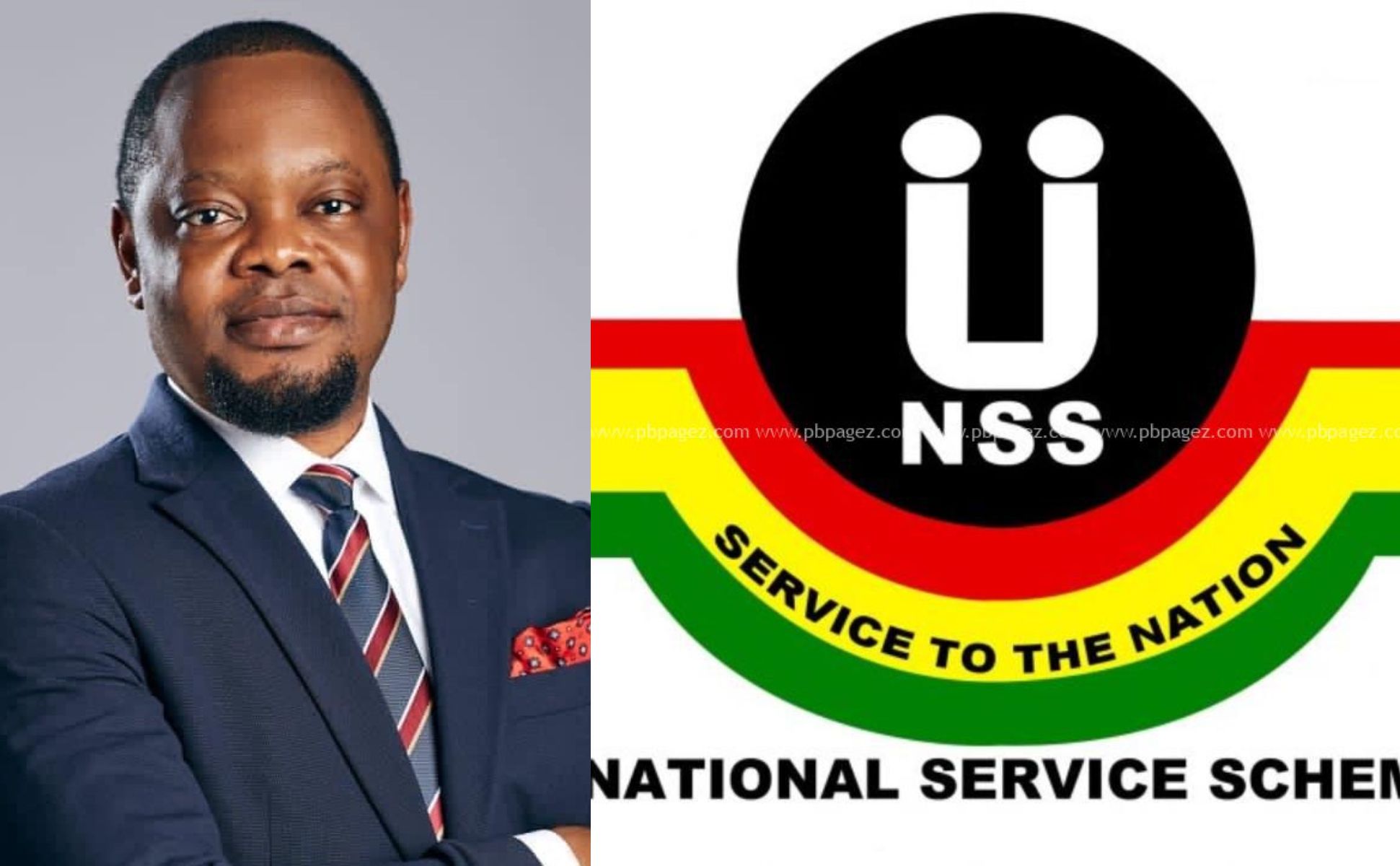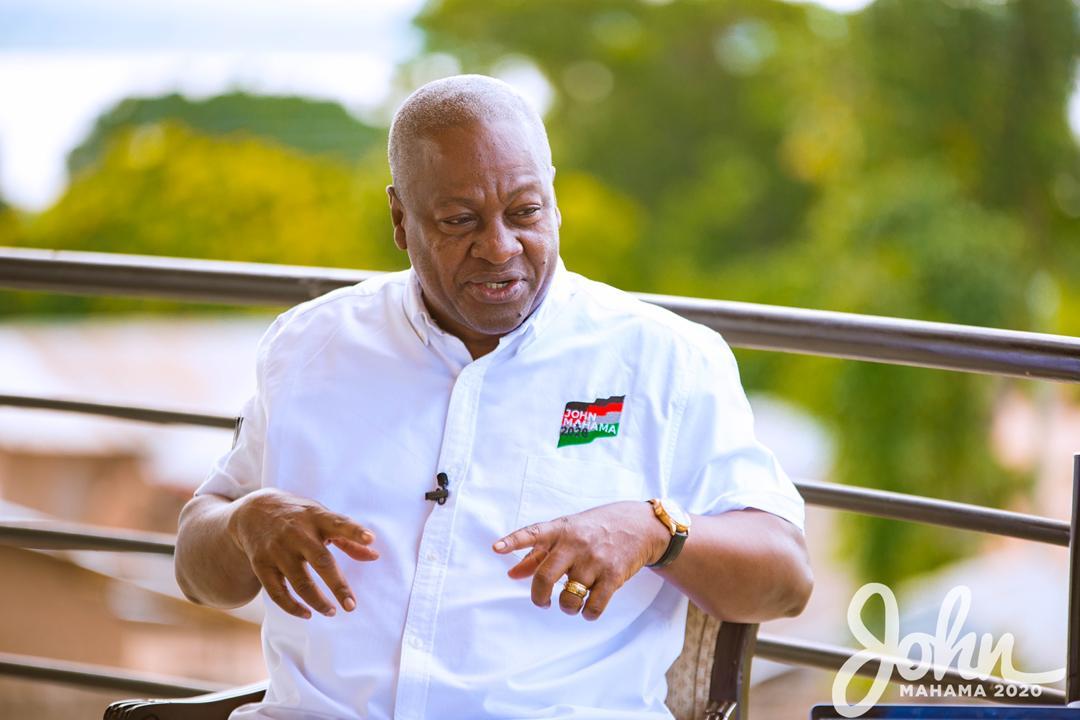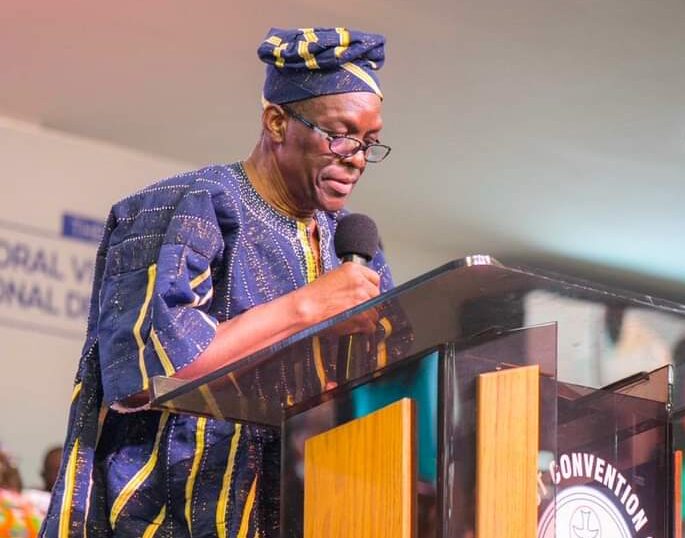
Investigators probing the National Service Scheme (NSS) Ghost Names scandal have identified 22 individuals connected to the massive fraud, with some suspects reportedly willing to return stolen money and testify against their co-conspirators as prosecution witnesses.
Deputy Attorney General Dr Justice Srem Sai disclosed this development in an interview with JoyNews, stating,
Investigators have identified 22 individuals in connection to the NSS Ghost names scandal, some of whom are willing to return all stolen money and to testify against the remaining accused persons as prosecution witnesses.
“Investigators have identified 22 individuals in connection to the NSS Ghost names scandal, some of which are willing to return all stolen money and to testify against the remaining accused persons as prosecution witnesses.”
— SIKAOFFICIAL???? (@SIKAOFFICIAL1) June 11, 2025
—Deputy Attorney General, Dr. Justice Srem Sai pic.twitter.com/qwq8SpMRCc
MUST READ: How Felix Kyei was dropped from Ghana's 2023 AFCON squad for R. Ofori: The inside story
The NSS Ghost Names scandal first came to light in February 2025 when the government uncovered a significant discrepancy in the National Service payroll, revealing 81,885 suspected ghost names.
The ghost names were detected following a headcount of active National Service personnel, conducted at the behest of the Minister for Finance as a prerequisite for clearing allowance arrears dating back to August 2024.
The Ministry of Finance released GHS 226,019,224 upon completing the headcount.
President John Dramani Mahama subsequently ordered a comprehensive investigation into the scandal in February 2025, describing it as a serious breach of public trust.
READ ALSO: Is NIB investigating NAPO over 'mathematical sets' procurement? What you need to know
Scale of the fraud
The scale of the fraud has been staggering. It is estimated that at some point the criminal addition of more than 80,000 ghost names could have yielded the suspects over GH¢50 million a month.
Internal records show that thousands of additional names are added through the creation of fake index numbers and personal identification numbers (PINs) linked to nonexistent students.
Officials at the National Service Authority (NSA) circumvented mandatory validation processes for payments of allowances to national service personnel, enabling thousands of nonexistent names to be added to the payroll.
READ MORE: Burkina Faso celebrates as Ibrahim Traore unveils made-in-Africa electric buses [Video]
External investigations and media involvement
The scandal gained additional attention when the Office of the Special Prosecutor received a formal petition from the Media Foundation for West Africa (MFWA) requesting an investigation into claims of widespread corruption in the National Service Scheme (NSS).
The Fourth Estate, a media organisation, played a crucial role in exposing the scandal.
However, allegations emerged that
In November 2024, the CEO of the NSS and others paid a Ghanaian Member of Parliament to kill the story in the media and to defend them
READ THIS: 'I did money rituals but can’t spend over GH?30 a day' - Sakawa boy breaks down in tears
According to Dr Dominic Ayine at a press conference held on March 24, 2025.
NSS denial and counter-claims
The National Service Authority has consistently denied the allegations.
The result and the evidence of the elimination of attempted fraudsters in the National Service portal have been overwhelming, and since 2021, it has drawn curtains on the presence of Ghost Names in the National Service system, the NSA stated in its official response.
READ ALSO: NPP senior members planning to meet Mahama and make Wontumi kneel and apologise
The authority claimed that the electronic system backed by consistent and progressive monitoring coupled with advanced technology (the use of the Ghana card, the facial verification system and the objective proof of eligibility from the tertiary institutions) brought highly desirable results.
Current Legal Proceedings
The identification of 22 individuals marks a significant milestone in the investigation.
The willingness of some suspects to cooperate with authorities by returning stolen funds and providing testimony against co-conspirators suggests prosecutors are employing plea bargaining strategies to expedite the case and maximise fund recovery.
The cooperative approach indicates that some of the accused persons may receive more lenient treatment in exchange for their assistance in building cases against the remaining suspects who choose not to cooperate.
Read Full Story











Facebook
Twitter
Pinterest
Instagram
Google+
YouTube
LinkedIn
RSS